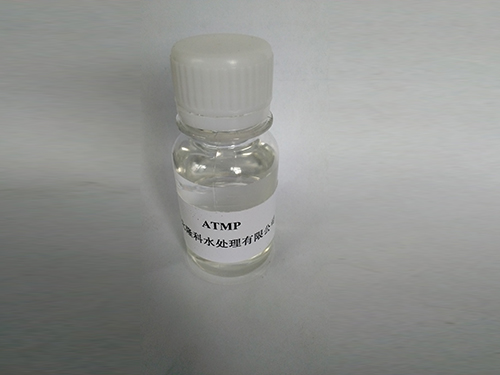scale inhibitor
Understanding Scale Inhibitors A Key to Effective Water Treatment
Scale formation is a common challenge in industrial processes, affecting the efficiency and longevity of equipment. Scale typically consists of mineral deposits that accumulate on surfaces such as pipes, heat exchangers, and boilers, leading to reduced thermal efficiency and increased energy consumption. To combat this issue, scale inhibitors play a crucial role in water treatment strategies. This article explores the significance, mechanisms, and applications of scale inhibitors in various industries.
What are Scale Inhibitors?
Scale inhibitors are chemical agents designed to prevent or minimize the formation of scale deposits in water systems. These substances work by interfering with the crystallization process of minerals, which include calcium carbonate, calcium sulfate, and magnesium silicate. By inhibiting the growth of these crystals or dispersing them, scale inhibitors help maintain the smooth operation of water systems, thereby improving efficiency and reducing maintenance costs.
Mechanisms of Action
The effectiveness of scale inhibitors largely depends on their chemical composition and the specific water conditions they are designed to treat. There are several mechanisms through which these agents operate
1. Threshold Inhibition This mechanism involves inhibiting crystal growth at concentrations lower than what would typically be required. Certain polymers and phosphonates act on the surface of the forming crystals, preventing them from growing.
2. Dispersal Some scale inhibitors work by dispersing suspended particles in water, thus preventing them from agglomerating into larger deposits.
scale inhibitor

4. Crystal Modification Certain inhibitors can change the crystal structure of minerals, making them less likely to adhere to surfaces or grow to a problematic size.
Applications Across Industries
Scale inhibitors are widely used across various industries, including power generation, oil and gas, food and beverage, and water treatment facilities. In the power generation sector, for instance, the presence of scale in cooling towers and boilers can significantly reduce heat transfer efficiency. Implementing scale inhibitors in these systems can help maintain optimal performance and prevent costly downtimes.
In the oil and gas industry, scale formation can pose significant challenges during production and transportation. Scale inhibitors are vital in preventing scale buildup in downhole tubing and surface facilities, leading to smoother operations and reduced maintenance demands.
Additionally, in municipal water treatment plants, scale inhibitors help in managing water hardness, ensuring that distribution systems remain efficient and residents receive clean, scale-free water.
Choosing the Right Scale Inhibitor
Selecting an appropriate scale inhibitor requires a thorough understanding of the water chemistry and the specific conditions of the system. Factors to consider include the type of scale to be controlled, the concentration of inhibitors, and environmental regulations. Common types of scale inhibitors include phosphonates, polyacrylates, and carboxylate copolymers.
Conclusion
Scale inhibitors are essential tools in managing scale-related challenges in various industrial applications. By understanding the mechanisms through which these agents operate and their specific applications, industries can enhance efficiency, reduce energy costs, and extend the lifespan of critical equipment. As technology continues to evolve, the development of more effective and environmentally friendly scale inhibitors remains a focal point for researchers and manufacturers alike.
-
Water Treatment with Flocculant Water TreatmentNewsJun.12,2025
-
Polymaleic AnhydrideNewsJun.12,2025
-
Polyaspartic AcidNewsJun.12,2025
-
Enhance Industrial Processes with IsothiazolinonesNewsJun.12,2025
-
Enhance Industrial Processes with PBTCA SolutionsNewsJun.12,2025
-
Dodecyldimethylbenzylammonium Chloride SolutionsNewsJun.12,2025





